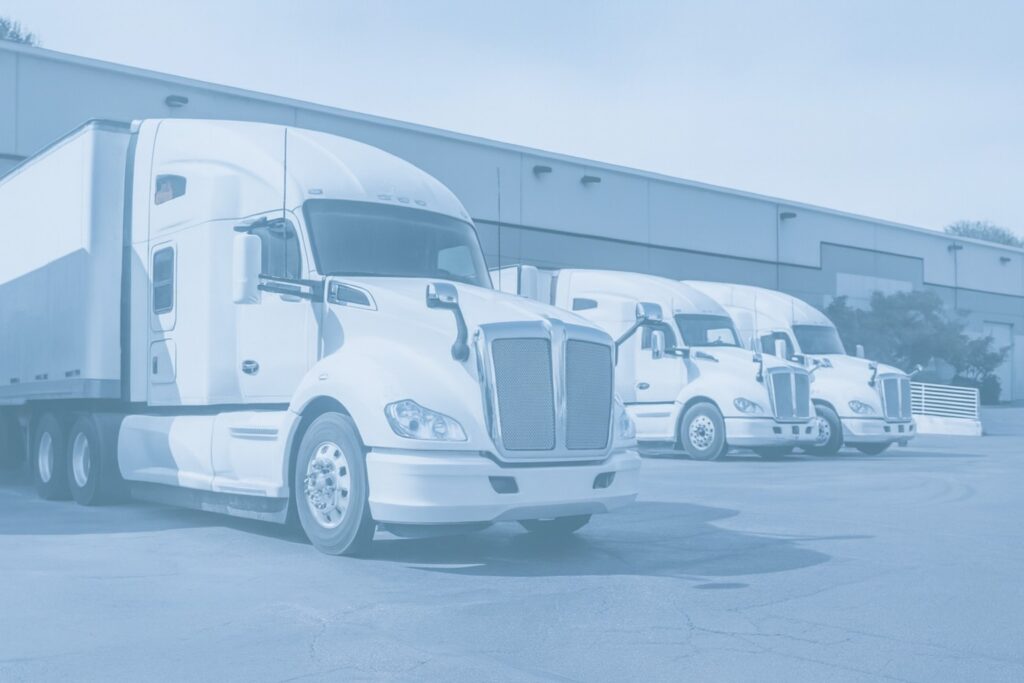
Fleet management is no longer about clipboards and check-in calls. Today, it’s about technology—real-time data, automation, and full visibility over every truck, trailer, driver, and asset on the road. At the center of this transformation are fleet management devices.
These tools track vehicles, monitor driver behavior, log compliance data, and keep perishable cargo within safe limits. If your trucks are moving without this tech, you’re leaving money on the table—and opening your business up to avoidable risk.
In this guide, you’ll learn how the right fleet management devices can reduce expenses, improve performance, and bring control back to your operation.
Fleet management devices are electronic systems installed in trucks, trailers, and other fleet assets. These devices collect, transmit, and store operational data that helps businesses track:
The most common fleet devices include GPS trackers, dash cams, ELDs (Electronic Logging Devices), and temperature monitoring systems. When connected through a centralized platform, they offer complete visibility across the fleet.
Explore Fleet Management Devices →
GPS tracking is the foundation of modern fleet oversight. These devices provide live location updates for every truck and trailer, helping dispatchers plan routes and respond to unexpected delays.
Key benefits include:
According to a Verizon Connect study, fleets using GPS tracking report an average 15% decrease in fuel costs and a 13% increase in vehicle utilization.
Dash cams do more than record traffic. They capture valuable footage that protects drivers during incidents, proves fault, and identifies risky habits before they become costly mistakes.
Truck dash cams help:
According to the American Transportation Research Institute, carriers using dash cams saw a 50% reduction in preventable accidents within one year of deployment.
FalconZoom dash cams provide internal and external views with event-triggered recording, so fleet managers know exactly what happened—without waiting for reports.
If your vehicles fall under FMCSA regulations, then you need certified ELD devices. These tools replace paper logbooks by automatically recording Hours of Service (HOS), vehicle movement, engine data, and driver status.
Benefits of using an ELD include:
FMCSA reports show that fleets using ELDs see a 53% drop in HOS-related violations and improve their safety scores significantly.
FalconZoom’s ELD systems also support DVIRs (Driver Vehicle Inspection Reports) and integrate easily with other devices for a full compliance package.
For carriers hauling food, beverages, pharmaceuticals, or sensitive electronics, temperature stability is critical. A minor temperature spike in a reefer trailer can spoil an entire load and ruin your shipper relationship.
Real-time temperature monitoring devices offer:
According to TechNavio, the cold chain logistics market is growing at 14% annually, and temperature monitoring devices are a key driver in quality control and customer retention.
Explore Temperature Trackers →
The real power of fleet management devices comes from integration. When GPS, ELDs, dash cams, and temperature monitors all feed into a single portal, you gain complete operational visibility.
Integrated platforms allow fleet managers to:
This level of control leads to better decisions, faster response times, and fewer costly surprises.
Investing in fleet management technology brings measurable returns. Here’s how devices help you save money:
| Area | How Devices Help | Average Savings |
|---|---|---|
| Fuel | Route optimization, idle reduction | 10–15% |
| Accidents | Safer driving, video evidence | 20–50% drop in incidents |
| Compliance | Avoid HOS violations and audits | $1,000+ per driver per violation |
| Maintenance | Schedule based on diagnostics | 10–20% fewer breakdowns |
| Claims | Speed up processing, prove fault | Thousands saved per case |
These savings compound over time. For a fleet of 20 trucks, implementing a full device system could save tens of thousands per year.
FalconZoom solutions are designed for:
See Fleet Tracking Solutions by Industry →
Whether you run a few trucks or manage a complex national operation, fleet management devices scale to your needs. You choose the features, frequency of updates, and reporting tools that fit your workflow and budget.
To select the right setup, consider the following:
FalconZoom helps fleets design customized solutions based on vehicle type, industry, and growth plans.
Fleet management devices are no longer optional—they are essential. The industry is moving fast. Regulators demand more compliance. Shippers expect real-time updates. Fuel and insurance costs continue to climb.
With the right fleet tracking and monitoring tools, you gain the power to control expenses, prevent costly mistakes, and operate with confidence. The upfront cost of these devices is small compared to the long-term savings and efficiency gains they deliver.
If you’re ready to optimize your fleet and stay competitive in 2025, it’s time to equip your trucks with smart, reliable technology.